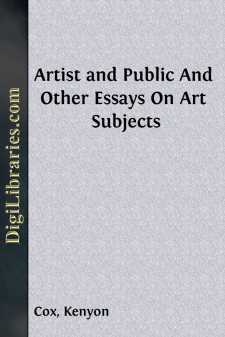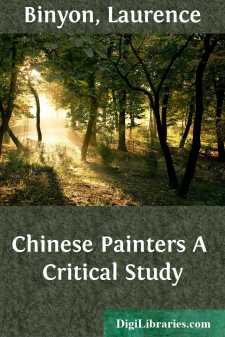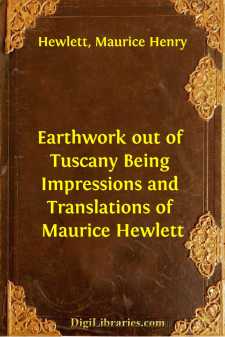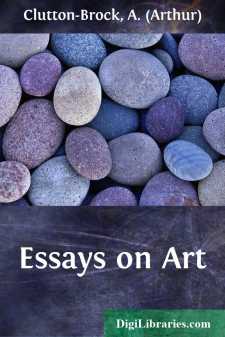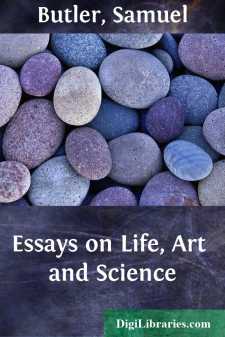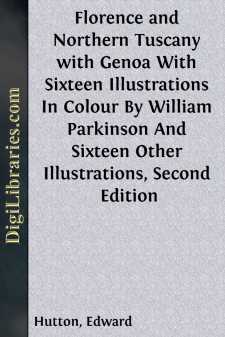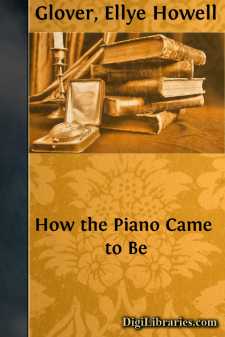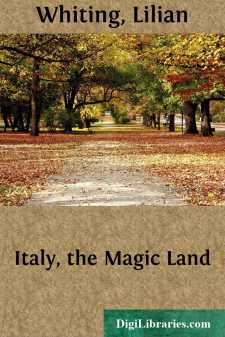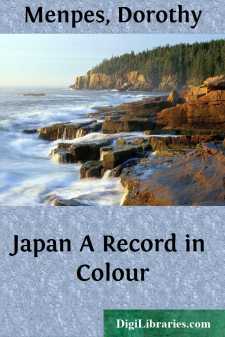Art
- African 1
- Asian 2
- Collecting 1
- Collections, Catalogs, Exhibitions 6
- Criticism 2
- European 8
- General 14
- History 11
- Middle Eastern 1
- Sculpture 4
Art Books
Sort by:
by:
Kenyon Cox
ARTIST AND PUBLIC In the history of art, as in the history of politics and in the history of economics, our modern epoch is marked off from all preceding epochs by one great event, the French Revolution. Fragonard, who survived that Revolution to lose himself in a new and strange world, is the last at the old masters; David, some sixteen years his junior, is the first of the moderns. Now if we look for...
more...
by:
Laurence Binyon
INTRODUCTION Whatever its outward expression, human thought remains essentially unchanged and, throughout all of its manifestations, is fundamentally the same. Varying phases are but accidents and underneath the divers wrappings of historic periods or different civilizations, the heart as well as the mind of man has been moved by the same desires. Art possesses a unity like that of nature. It is...
more...
APOLOGIA PRO LIBELLO: IN A LETTER TO A FRIEND Although you know your Italy well, you ask me, who see her now for the first time, to tell you how I find her; how she sinks into me; wherein she fulfils, and wherein fails to fulfil, certain dreams and fancies of mine (old amusements of yours) about her. Here, truly, you show yourself the diligent collector of human documents your friends have always...
more...
ESSAYS ON ART "The Adoration of the Magi" There is one beauty of nature and another of art, and many attempts have been made to explain the difference between them. Signor Croce's theory, now much in favour, is that nature provides only the raw material for art. The beginning of the artistic process is the perception of beauty in nature; but an artist does not see beauty as he sees a cow....
more...
by:
Samuel Butler
INTRODUCTION It is hardly necessary to apologise for the miscellaneous character of the following collection of essays. Samuel Butler was a man of such unusual versatility, and his interests were so many and so various that his literary remains were bound to cover a wide field. Nevertheless it will be found that several of the subjects to which he devoted much time and labour are not represented in...
more...
by:
Edward Hutton
I. GENOA I The traveller who on his way to Italy passes along the Riviera di Ponente, through Marseilles, Nice, and Mentone to Ventimiglia, or crossing the Alps touches Italian soil, though scarcely Italy indeed, at Turin, on coming to Genoa finds himself really at last in the South, the true South, of which Genoa la Superba is the gate, her narrow streets, the various life of her port, her picturesque...
more...
How the PianoCame To Be From the dried sinews stretched across the shell of a dead tortoise to the concert-grand piano of the present day is a far flight. Yet to this primitive source, it is said, may be traced the evolution of the stringed instrument which reached its culmination in the piano. The latter has been aptly called "the household orchestra," and in tracing its origin one must go far...
more...
by:
Taha Atef
Are you ready to unleash your voice and build a podcast empire? "How to Make a Podcast with 1 Million Subscribers" is your ultimate roadmap to podcasting success. Whether you're a complete novice or have dabbled in audio content before, this comprehensive guide will take you from zero to podcast hero. Inside these pages, you'll discover: A foolproof, step by step process to launch your...
more...
by:
Lilian Whiting
THE PERIOD OF MODERN ART IN ROMEBut ah, that spring should vanish with the Rose!That youth’s sweet-scented manuscript should close?The nightingale that in the branches sang,Oh, where and whither flown again,—who knows? Omar Khayyam. Rome, as the picturesque city of the Popes in the middle years of the nineteenth century, was resplendent in local color. It was the Rome of sunny winters; the Rome of...
more...
by:
Dorothy Menpes
CHAPTER I ART AND THE DRAMA I always agree with that man who said, “Let me make the nation’s songs and I care not who frames her laws,” or words to that effect, for, in my opinion, nothing so well indicates national character or so keenly accentuates the difference between individuals and nations as the way in which they spend their leisure hours; and the theatres of Japan are thoroughly typical...
more...


